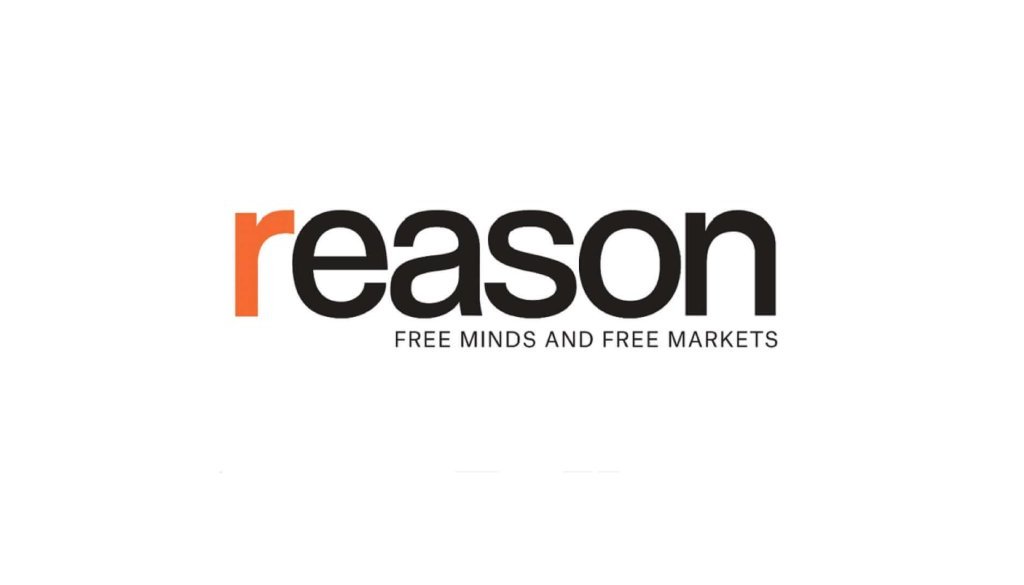The Executive Power Case That Unites Donald Trump and Franklin Roosevelt
The U.S. Supreme Court has just taken a major step toward endorsing a broad view of executive power that was first championed by former President Franklin D. Roosevelt and is now championed by President Donald Trump.
In an unsigned order issued Thursday in Trump v. Wilcox, the Supreme Court lifted a lower court order that blocked Trump from removing Gywnne Wilcox from her position as a member of the National Labor Relations Board (NLRB). In so doing, a majority of the Supreme Court not only allowed Trump’s firing of the Joe Biden appointee to go into effect; the Court also signaled that the New Deal era precedent which strictly limits the president’s power to fire “independent” agency heads such as Wilcox is facing impending legal doom.
To understand the importance of Trump v. Wilcox, it is necessary to first understand the importance of Humphrey’s Executor v. United States (1935). William Humphrey was a commissioner of the Federal Trade Commission (FTC) appointed in 1925 by President Calvin Coolidge. In 1933, with the New Deal in full swing, FDR demanded Humphrey’s resignation. “I do not feel that your mind and my mind go along together on either the policies or the administering of the Federal Trade Commission,” Roosevelt wrote to Humphrey, “and frankly, I think it is best for the people of this country that I should have full confidence.”
In other words, Roosevelt wanted Humphrey gone from the FTC for purely political reaso
Article from Reason.com

The Reason Magazine website is a go-to destination for libertarians seeking cogent analysis, investigative reporting, and thought-provoking commentary. Championing the principles of individual freedom, limited government, and free markets, the site offers a diverse range of articles, videos, and podcasts that challenge conventional wisdom and advocate for libertarian solutions. Whether you’re interested in politics, culture, or technology, Reason provides a unique lens that prioritizes liberty and rational discourse. It’s an essential resource for those who value critical thinking and nuanced debate in the pursuit of a freer society.




